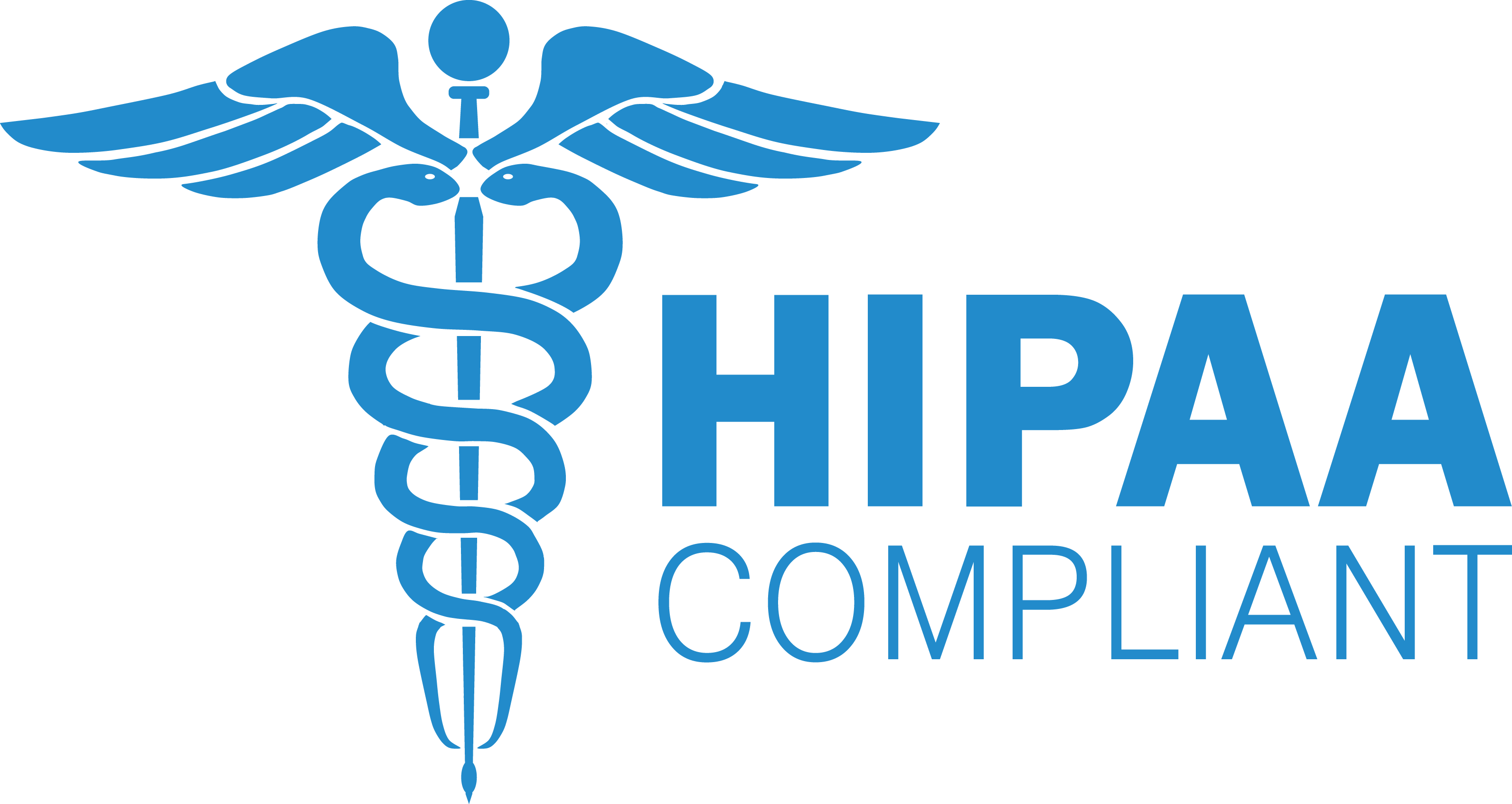
How Important is a Diet in Achieving Weight Loss Goals?
When achieving weight loss goals, many people focus solely on exercise. They must realize the crucial role that diet and nutrition play in their success. While practical exercises are important for burning calories and improving overall fitness, it is essential to understand that what you eat can significantly impact your weight loss journey. Experts suggest that a healthy diet, complemented by regular exercise, is critical to achieving sustainable weight loss and maintaining a healthy lifestyle.
This article will delve into the importance of diet and nutrition in achieving weight loss goals and provide insights on developing a healthy workout plan that aligns with your specific needs and objectives.
The Role of Diet in Weight Loss
When embarking on a weight loss journey, paying close attention to your dietary habits is crucial. Food provides your body with the necessary nutrients, vitamins, proteins, and energy to fuel your workouts and promote optimal performance. By nourishing your body with the right foods, you can enhance your ability to burn fat and shed pounds effectively. A well-balanced diet supports your exercise routine and ensures that your body functions optimally, enabling you to maximize the benefits of your workouts.
The Importance of Diet and Exercise
While exercise is undoubtedly vital for overall health and fitness, it is essential to acknowledge that a healthy diet plays a pivotal role in your success. Your diet not only affects your physical health but also impacts your mental well-being, cognitive function, and overall vitality. The age-old saying, “You are what you eat,” holds, especially regarding exercising and physical exertion. You must prioritize nutrition alongside your exercise routine to achieve your health and fitness goals.
Why Nutrition is the Most Important Part of Fitness
Research suggests that diet primarily influences weight loss, accounting for approximately 75% of the results. In comparison, exercise contributes to the remaining 25%. Numerous studies have shown that people who focus on making smart dietary choices experience more significant short-term weight loss than those who rely solely on exercise. Individuals who follow a calorie-restricted diet without incorporating exercise can lose up to 23 pounds in 15 weeks. In contrast, those solely relying on exercise may only lose six pounds in approximately 21 weeks. This highlights that it is easier to create a calorie deficit through diet modifications than solely relying on burning calories through exercise.
Shawn M. Talbott, a nutritional biochemist and former director of the University of Utah Nutrition Clinic, emphasizes the significance of a balanced diet by stating, “You can’t out-exercise a bad diet.” This statement underscores the importance of nutrition in achieving weight loss goals. A healthy diet provides your body with the necessary fuel and nutrients to support physical activity, promote weight loss, and sustain long-term success.
How Diet and Exercise Work Together
While the significance of a healthy diet cannot be overstated, it is essential to note that exercise and nutrition work hand in hand to optimize weight loss and overall health. Combining a nutritious diet with regular physical activity is the most effective approach to achieving sustainable weight loss. The harmony between diet and exercise offers numerous benefits, contributing to successful weight management and improved overall well-being.
Synergistic Effects:
Adopting a balanced diet and engaging in regular exercise creates a synergistic effect that enhances your weight loss journey. A well-planned diet provides your body with the necessary nutrients to fuel your workouts, optimize energy levels, and support muscle growth and recovery. Meanwhile, exercise helps to increase your metabolic rate, build lean muscle mass, improve cardiovascular health, and enhance overall fitness. Combining the two creates an environment in which your body can efficiently burn calories, shed excess fat, and maintain a healthy weight.
Calorie Deficit:
Weight loss is primarily driven by a calorie deficit, meaning you consume fewer calories than you burn. While exercise can help burn calories, it is often easier to create a calorie deficit through dietary modifications. You can effectively manage your calorie intake by making smart food choices, controlling portion sizes, and reducing calorie-dense foods. This allows you to achieve a calorie deficit without having to engage in excessive amounts of exercise. Additionally, a healthy diet can help you feel satisfied, making adhering to your weight loss plan easier.
Muscle Preservation and Development:
Regular exercise, particularly strength training, is crucial in preserving and building muscle mass. When you engage in resistance training exercises, you stimulate muscle growth and development. This is particularly important during weight loss, as preserving muscle mass is vital for maintaining a healthy metabolism. Muscle tissue is metabolically active, meaning it burns more calories at rest than fat tissue. You can preserve and build lean muscle mass by incorporating strength training into your exercise routine and providing your body with adequate protein through your diet. This, in turn, helps to optimize your metabolic rate and support sustainable weight loss.
Energy Balance and Weight Maintenance:
Achieving weight loss is not solely about shedding pounds; it is equally important to maintain your weight once you reach your goals. A combination of diet and exercise is crucial for maintaining a healthy weight in the long term. Regular physical activity helps to create an energy imbalance by increasing calorie expenditure, while a balanced diet ensures that your body receives the necessary nutrients to sustain your weight and overall health. By striking a balance between energy intake and expenditure, you can achieve weight maintenance and prevent weight regain.
Developing a Healthy Diet for Weight Loss
To optimize weight loss and support your exercise routine, developing a healthy diet tailored to your specific needs and preferences is essential. Here are some key considerations when designing a diet plan for weight loss:
Caloric Deficit:
Creating a caloric deficit is essential for weight loss. You must consume fewer calories than you burn through your daily activities and exercise to achieve this. However, it is vital to strike a balance and avoid extreme calorie restriction, as it can negatively impact your energy levels and overall well-being. Consult a registered dietitian or nutritionist to determine the appropriate caloric intake for your weight loss goals and develop a sustainable plan.
Macronutrient Balance:
A well-rounded diet should include a balance of macronutrients, including carbohydrates, proteins, and fats. Each macronutrient plays a unique role in supporting your body’s functions and optimizing weight loss. Carbohydrates provide energy, proteins support muscle growth and repair, and fats are essential for hormone production and nutrient absorption. Aim to include a variety of nutrient-dense foods from each macronutrient group in your diet.
Whole Foods and Nutrient Density:
Focus on consuming whole, minimally processed foods that are rich in nutrients. These include fruits, vegetables, whole grains, lean proteins, and healthy fats. These foods are lower in calories and provide essential vitamins, minerals, and fibre. Nutrient-dense foods support weight loss and promote overall health and well-being.
Portion Control:
Monitoring portion sizes is essential for weight loss. Even healthy foods can contribute to weight gain if consumed in excess. Use measuring cups, food scales, or visual cues to consume appropriate portions. Be mindful of your hunger and satiety cues, and avoid mindless eating.
Hydration:
Staying hydrated is crucial for overall health and weight loss. Drinking adequate water can help control appetite, support digestion, and optimize metabolism. Aim to drink at least 8 cups (64 ounces) of water daily, and adjust your intake based on your activity level and individual needs.
Mindful Eating:
Practicing mindful eating can help you develop a healthier relationship with food and promote weight loss. Pay attention to your body’s hunger and fullness cues, eat slowly, and savour each bite. Avoid distractions while eating, such as watching TV or scrolling through your phone, as this can lead to overeating.
Seek Professional Guidance:
If you need help creating a healthy diet plan for weight loss, consider seeking guidance from a registered dietitian or nutritionist. These professionals can provide personalized recommendations based on your needs, preferences, and health goals. They can help you develop a sustainable eating plan that aligns with your exercise routine and supports your weight loss journey.
Conclusion
In conclusion, diet and nutrition are crucial in achieving weight loss goals. While exercise is vital for overall health and fitness, it is essential to understand that what you eat can significantly impact your weight loss journey. A healthy diet, complemented by regular exercise, is the key to sustainable weight loss and long-term success. You can optimize your weight loss efforts by creating a caloric deficit, focusing on nutrient-dense foods, and striking a balance between macronutrients.
Remember to consult with a healthcare professional or registered dietitian to develop a personalized diet plan that aligns with your specific needs and goals. With the right combination of diet and exercise, you can achieve your weight loss goals and maintain a healthy lifestyle for years to come.
Learn more: weightox.com

